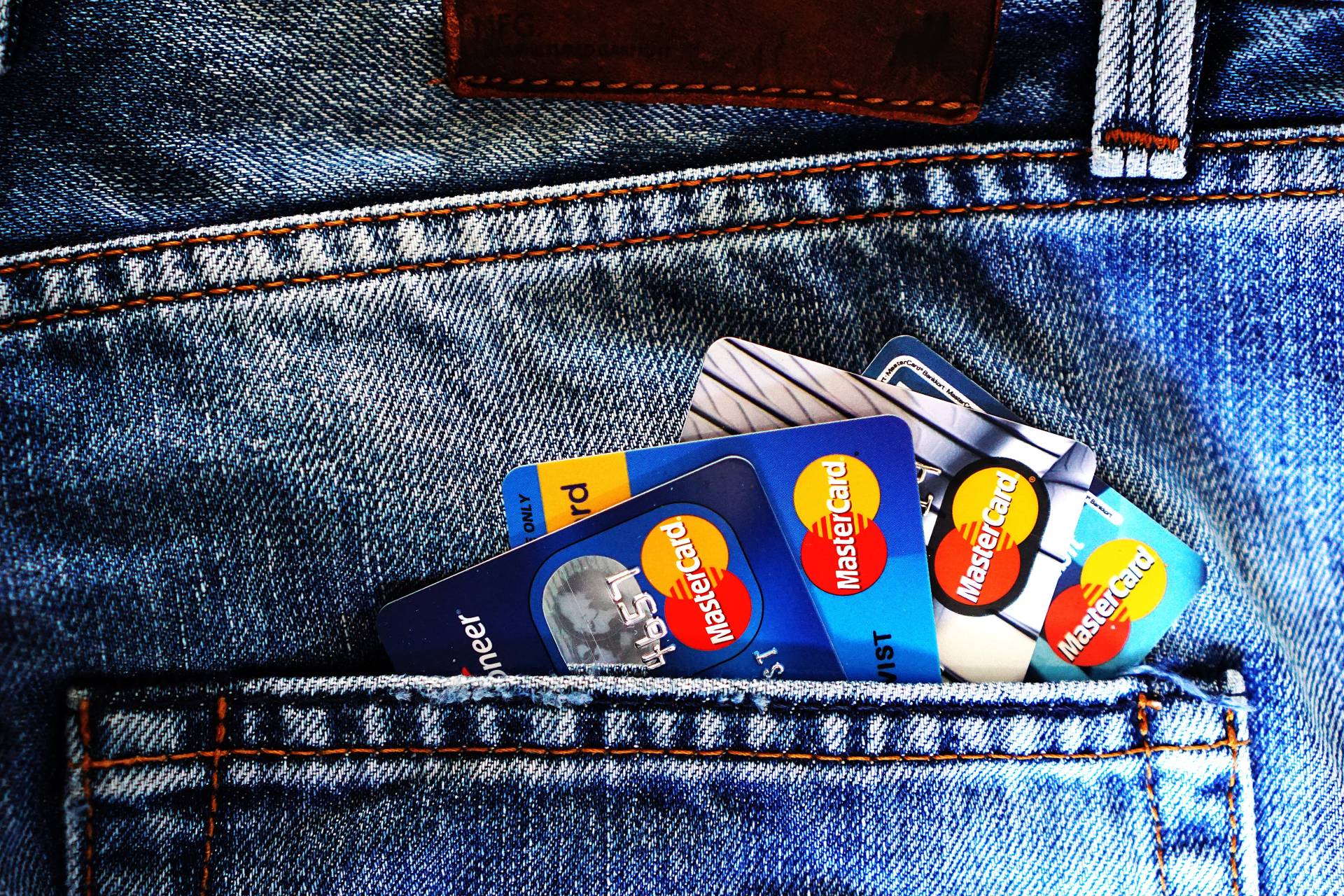If you own a small business, you know that having a good business credit score can make your business thrive. That’s why it’s important not to make the following small business credit mistakes.
Using Contractors That Don’t Report Credit Activity
With all the advances in online technology, software, and web development, it’s never been easier for vendors to report credit activity when a small business makes a payment or does a transaction.
However, if you open a credit line with a vendor that doesn’t regularly report credit activity to the credit bureaus, you aren’t building credit the way you should. It’s important when researching contractors and vendors that you only do business with ones that will report your on-time transactions to major credit bureaus.
Not Using Business Credit
Some small business owners are so risk-averse, that they may not want to even use business credit. But getting business credit cards and taking out business lines of credit can be an effective means to scale the company and make more money.
If the small business never uses credit, it’s more difficult to expand your organization. Don’t make the mistake of never taking out business credit.
Business owners who are wary of having debt might just start small and get one business credit cards. Use it every month and pay it off. That way, you can slowly build business credit and not carry much if any debt.
Applying For Personal Credit Cards
One thing many small business professionals don’t know is that ‘business credit card’ you read about online is tied to your personal credit history. Many small businesses don’t have enough credit history to get approved based on their business, so the credit card company may use your personal credit profile to approve you.
You should read the fine print of any credit card you apply for to make sure that the credit line is based on your business and not your personal credit.
Putting Personal Property At Risk
When starting your business, it’s important to use the right legal entity to protect your personal assets from business creditors. That’s why you should never put your personal property or assets at risk when getting credit for your company.
It’s also usually unwise to be a sole proprietor and get business credit. You can do it, but you are personally liable for all debts of the business if something goes wrong. Also, as a sole proprietor, you don’t have a corporate tax ID; everything is based on your social security number and this leaves you legally exposed.
Selecting The Wrong Business Credit Card
Before applying, you should determine the kind of business credit card you want:
- Want to get rewards for purchasing office supplies? Apply for a cash back business credit card.
- Planning to take business trips to find new clients? Get a travel business credit card with air travel points.
- If you are just getting the company rolling, try to get a 0% interest card.
Mixing Business And Personal Expenses
So you got a business credit card to build credit and track your business expenses. But it’s easy to fall into the trap of mixing personal and business expenses, which can make it a lot harder to track your expenses when it’s tax time.
Also, you may lose the ability to deduct credit card and loan interest on your business taxes if you don’t use them only for your various business costs.
It also can be more challenging to maintain legal protections for your organization if you don’t separate your personal and business expenses.
There are many things to consider when building business credit for your small business. By following these simple principles, you’re more likely to build good business credit. And you’ll do so without mixing personal and business expenses or putting your personal credit on the line.
Featured image provided by Pixaby; Pexels; Thanks!

